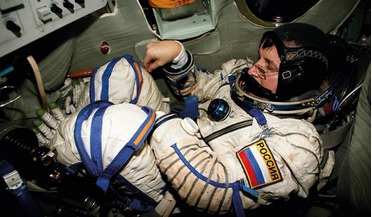 June 2015
Training space tourists to fly to the ISS at the Gagarin Centre
June 2015
Training space tourists to fly to the ISS at the Gagarin Centre
... it must train flight crews in close cooperation with international partners, members of the ISS program (the U.S., Canada, Japan, and the EU).3,6 Our specialists needed to develop new criteria for the selection and preparation of non-professional...
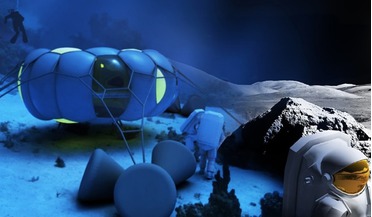 February 2016
Shifting Space Perspectives: Artistic Research as Connective Research Area
February 2016
Shifting Space Perspectives: Artistic Research as Connective Research Area
...is often applied in industrial product development and originated in Japan. Qualitative relationships are quantified and, in the case ...ISS and its various partners such as US, Russia, Japan and the culturally diverse Europe undergo the same challenges...
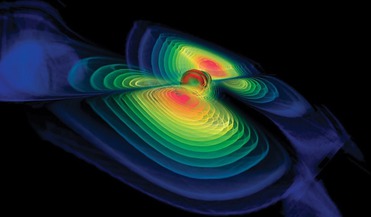 March 2016
Gravitational waves provide new window on the universe
March 2016
Gravitational waves provide new window on the universe
..., Louisiana, - and GEO600 in Germany. The Virgo detector in Italy and the Kamioka Gravitational Wave Detector (KAGRA) in Japan are undergoing upgrades and are expected to begin operations in 2016 and 2018, respectively. A sixth observatory is being...
 September 2016
Moon or Mars - how logical is NASA’s next step?
September 2016
Moon or Mars - how logical is NASA’s next step?
...eventually culminating in an empire that stretched from Java to Japan. The dominance of the new market for luxury goods... pursuing space mining - including the United States, Luxembourg and Japan - as well as a redeveloping cold war between Russia and...
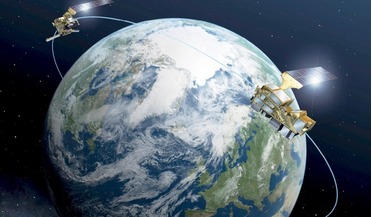 April 2018
Climate monitoring and the need for open access to global environmental satellite data
April 2018
Climate monitoring and the need for open access to global environmental satellite data
...satellite data free as of 2012. A year later, the Japan Aerospace Exploration Agency (JAXA) made access to the majority of... and many other nations, including Argentina, Canada, India, Japan, Singapore, South Africa, France, Germany, Italy, and Sweden...
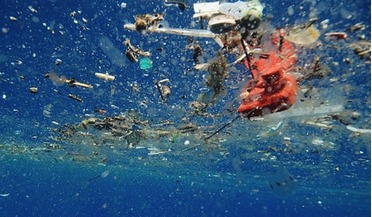 August 2018
Monitoring marine litter by satellite
August 2018
Monitoring marine litter by satellite
.... The technique has been used to identify large ML items that drifted from Japan to the American continent following the disaster caused by the tsunami in Japan in March 2011 that generated 1.5 million tonnes of floating debris. The key...